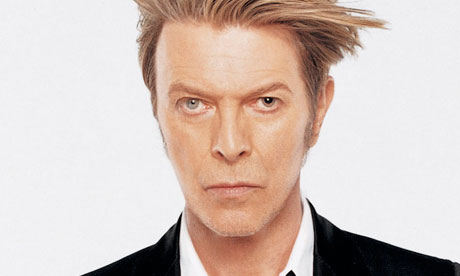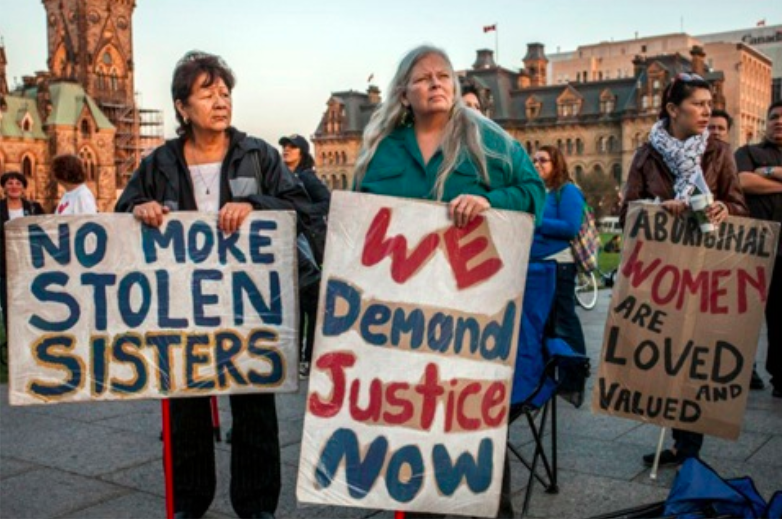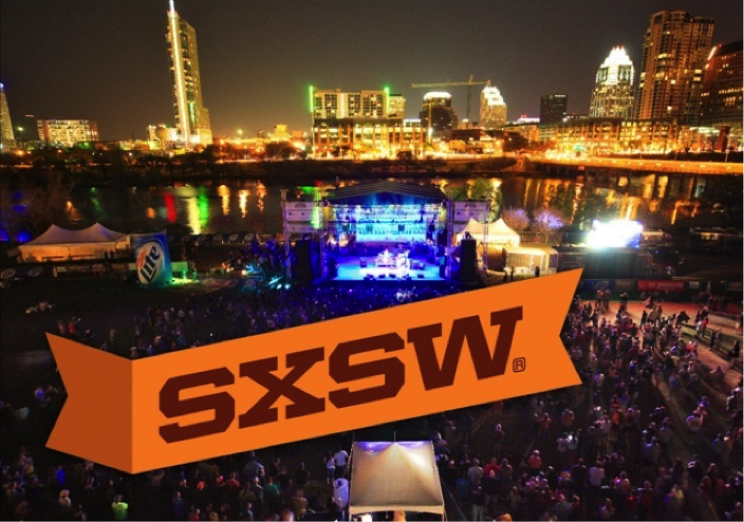 Wednesday, February 19th was the annual Brit Awards, where glam rock rocker, David Bowie, was awarded with the British Male Solo Artist award. To accept his award, Bowie asked British supermodel, Kate Moss to read a speech that he wrote which concluded with five simple words that created a social media frenzy: “Scotland, please stay with us.” As such, the rocker demonstrates the significance of celebrity endorsements within political campaigns.
Wednesday, February 19th was the annual Brit Awards, where glam rock rocker, David Bowie, was awarded with the British Male Solo Artist award. To accept his award, Bowie asked British supermodel, Kate Moss to read a speech that he wrote which concluded with five simple words that created a social media frenzy: “Scotland, please stay with us.” As such, the rocker demonstrates the significance of celebrity endorsements within political campaigns.
Bowie is referencing the referendum vote that will take place in Scotland on 18 September 2014, when voters across the country will decide on whether or not Scotland should be an independent country. The referendum derives from the signing of the Edinburgh Agreement on 15 October 2012, by the Scottish First Minister, Alex Salmond, and British Prime Minister, David Cameron, giving the Scottish parliament temporary legal power to stage the referendum.
Historically, Scotland’s’ relations with Britain have been difficult. From the “wars of independence” 700 years ago to proposals for “home rule” in the 1880s, Scotland has strived for some greater independence. In 1999, the Scottish parliament was finally re-established with policymaking and legal powers, giving rise to the election of Salmond and the Scottish Nationalist Party in 2011, which eventually led to the independence referendum.
Today, Bowie’s comments have placed him in the crossfire between the pro-independence and the pro-UK supporters. With four million voters in Scotland, roughly 1/3 supports the idea that Scotland should separate from the United Kingdom. The pro-independence supporters believe that Scotland’s economy and social policies would flourish with greater autonomy. They believe that Scotland can control its own destiny by being in charge of taxes, laws and the North Sea oil. The pro-UK supporters on the other hand, believe that the UK should remain in charge of taxation, welfare and the economy. They argue that the UK brings greater security, prosperity and interdependence.
Overall, Bowie’s comments brought more attention to the debate, with #scottishbowie hashtag erupting all over Facebook and Twitter. An article in The Telegraph, writes that so-called CyberNats, Scottish Nationalists who frequent Internet forums and social media sites, were particularly vocal in expressing dissent. While others mocked the British rocker for expressing his opinion even though he lives in the United States. Comedian David Schneider Tweeted: “Weird. If I’d won a Brit I was going to say: “Bowie, stay with us and not in New York where you’ve lived for years” #indyref.”
Bowie’s high profile, as some reporters have argued, classifies him as one of the most “prolific cultural figures” to support the pro-union side. A statement exemplified by Prime Minister David Cameron when he said, “I was watching the Brit Awards and when I saw Kate Moss leap to the stage and utter those words I have to say I did let out a little cry of joy.” Words that were also being used by the pro-UK “Better Together” campaign on Twitter to enlist new supporters and further the movement’s message.
As a whole, the rocker is only one of a few celebrities who have expressed their opinions on the referendum. Some others include Sir Sean Connery, Annie Lennox, Emma Thompson and Rod Stewart. What these celebrities have in common is that their involvement in the political debate can affect voter behaviour. Scholars Craig Garthwaite and Timothy Moore state in an article that, “if endorsements affect all kinds of behaviour, why would we think that they wouldn’t affect voting behaviour?” Therefore, although it might not be clear to what extent Bowie will influence the debate, it is clear that he is getting people engaged. British singer, Billy Bragg said it the best when he stated that Bowie’s intervention encourages people to think and discuss the issues of the independence referendum.
In the end, Bowie’s speech demonstrates that celebrities do have some sway when it comes to political debates. Although, it may be difficult to measure the degree to which they impact voting behaviours, they ultimately draw lots of attention to a particular issue and can help spread a specific message. And with intensification of the pro-independence and pro-UK campaigns in the spring, it will be interesting to see what role celebrities play as the debate continues.




